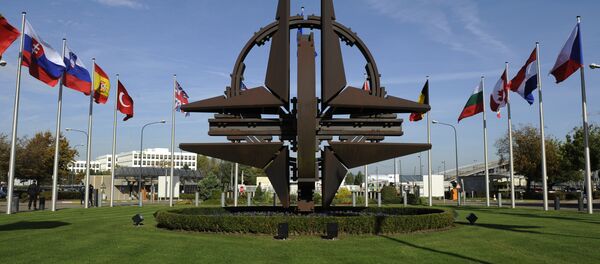WASHINGTON (Sputnik) — In October, former Secretary of Defense William Perry and former State Department nonproliferation specialist Andy Weber called for the United States to cancel plans to develop and field the LRSO, which sought to overwhelm potential adversaries air defenses.
"I do not see the LRSO as destabilizing, quite the contrary… That kind of discussion, I think, is more harmful to where we need to remain focused as a country," Haney said to recent discussions calling for the United States to stop its planned LRSO modernization.
Haney argued that the US nuclear deterrent cannot be "a one trick pony" and depends on the air, land and sea legs of the nuclear triad.
"While we continue to use our B-52 [strategic bomber] platform, and you look at advancement of adversary capability in Anti-Access Area Denial, there is no option here," Haney said of the LRSO weapons.
The fielding of nuclear cruise missiles has regularly been criticized because of the virtual impossibility of discerning between a conventional and nuclear cruise missile.
In 1987, the concerns over such miscalculations led, in part, to the US-Russian Intermediate-Range Nuclear Forces (INF) Treaty, which banned the development, testing and fielding of ground-launched nuclear cruise missiles.



